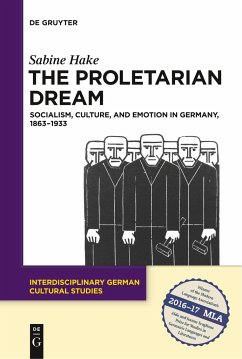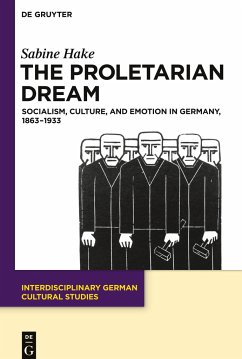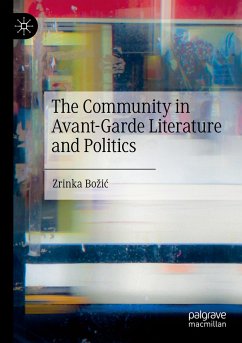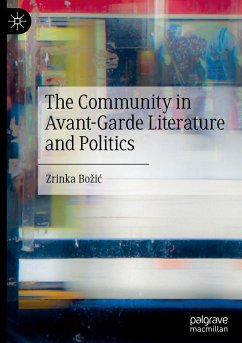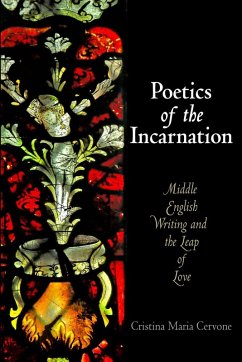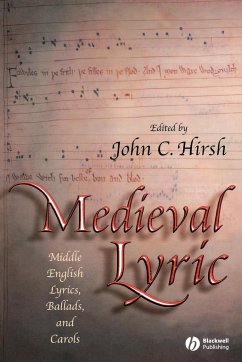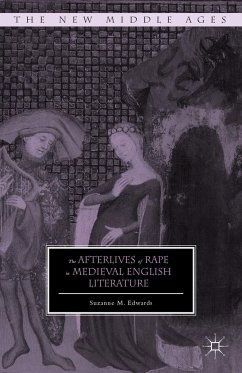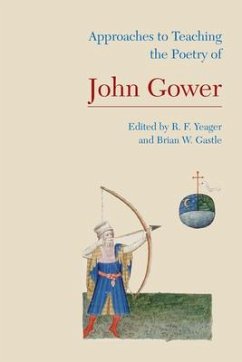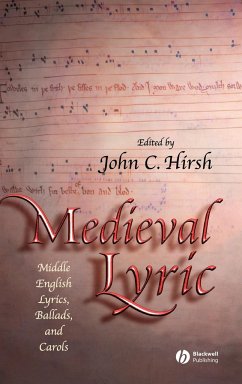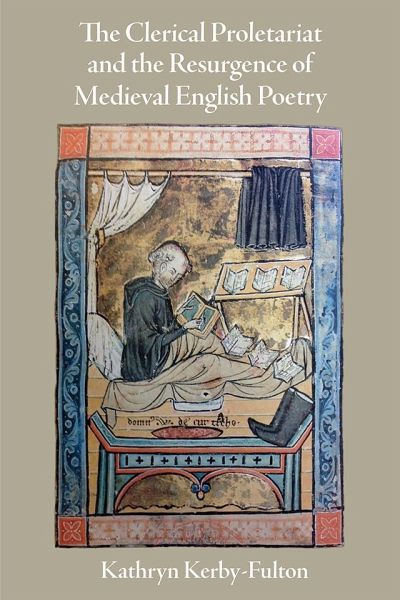
The Clerical Proletariat and the Resurgence of Medieval English Poetry

PAYBACK Punkte
41 °P sammeln!
The first study of the poetics of vocational crisis in Langland, Hoccleve, and Audelay, and many unattributed works, The Clerical Proletariat and the Resurgence of Medieval English Poetry discusses class, meritocracy, the gig economy, precarity, and the breaking of intellectual elites, speaking to both past and present employment urgencies.




